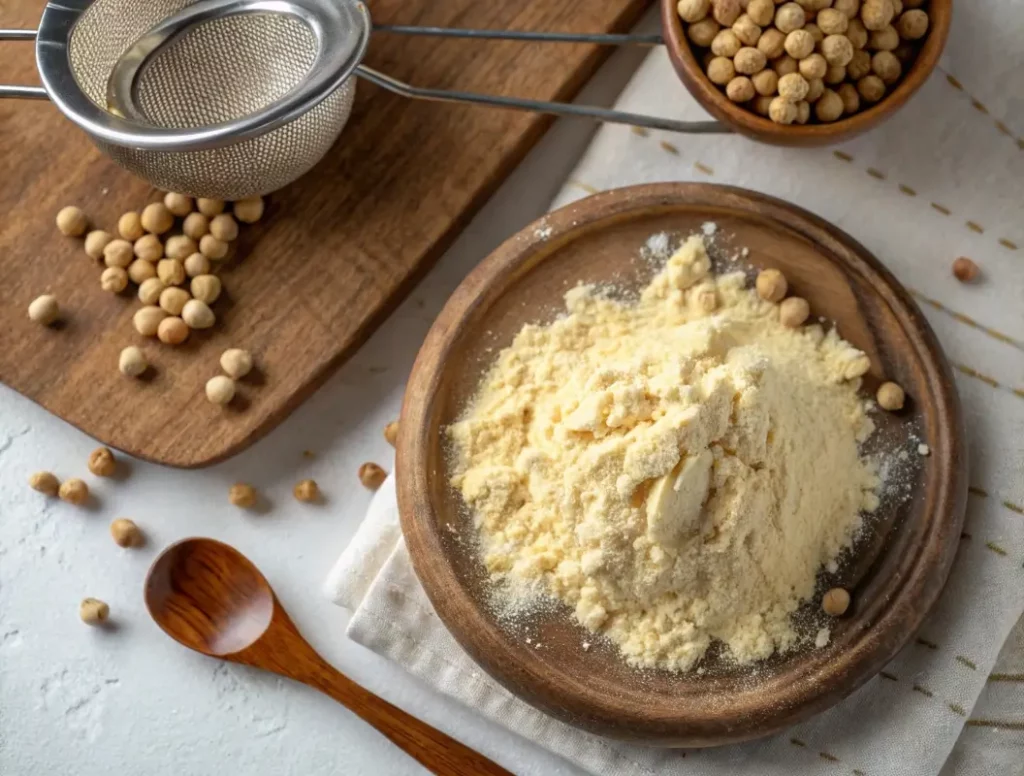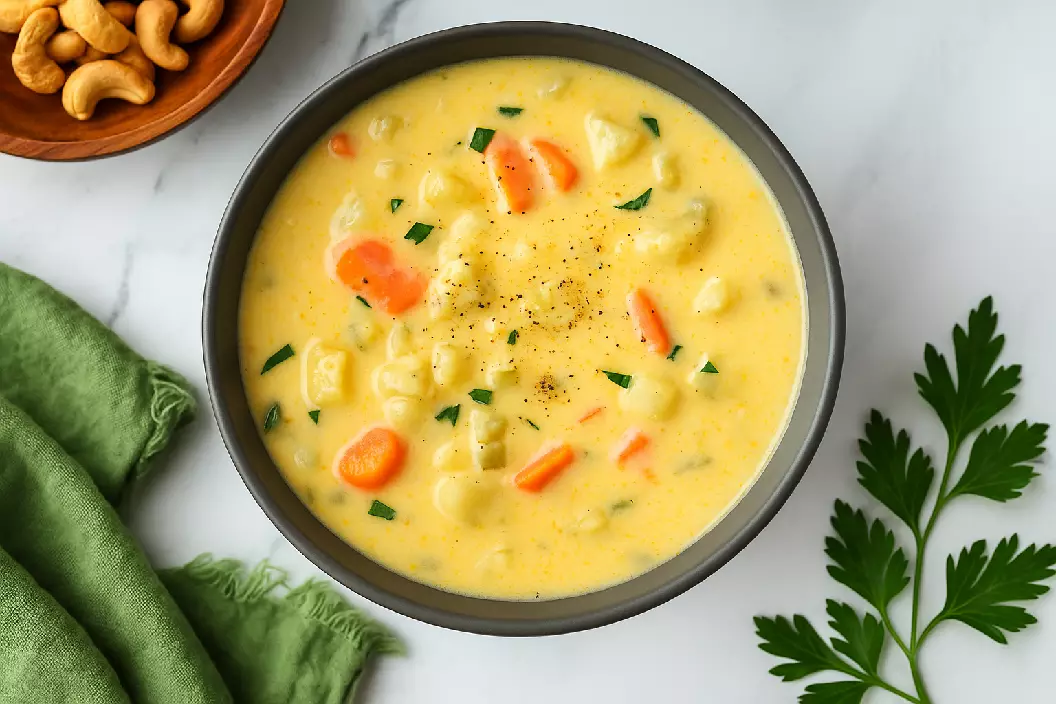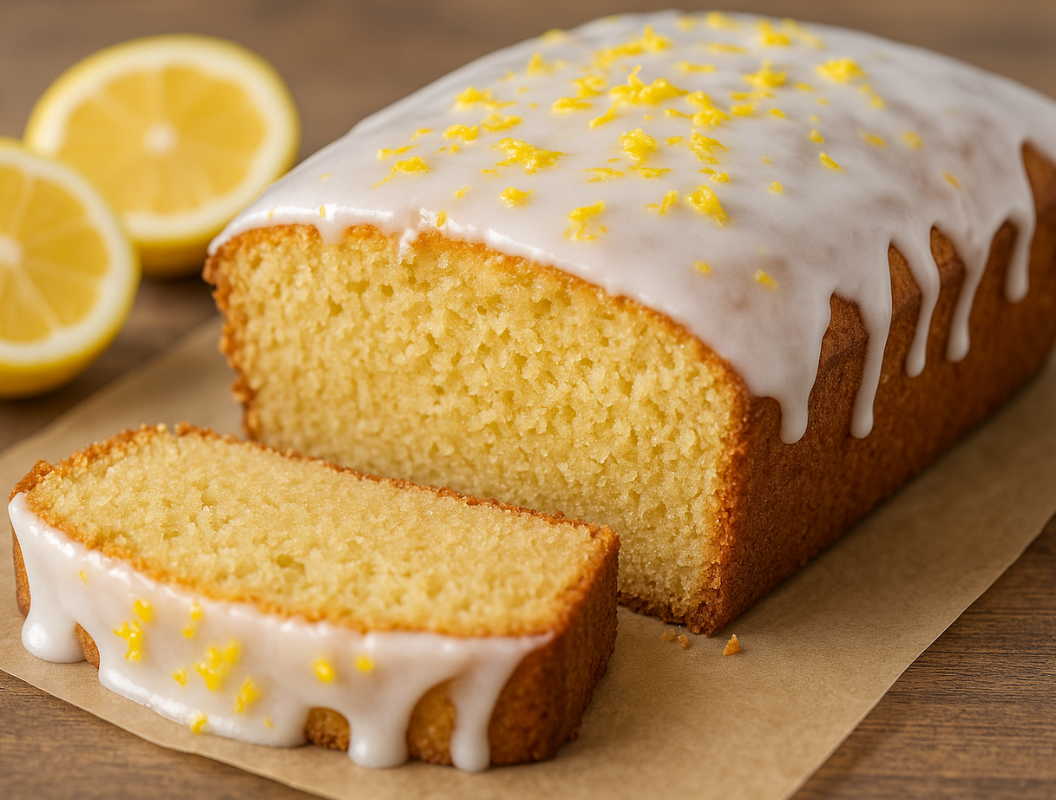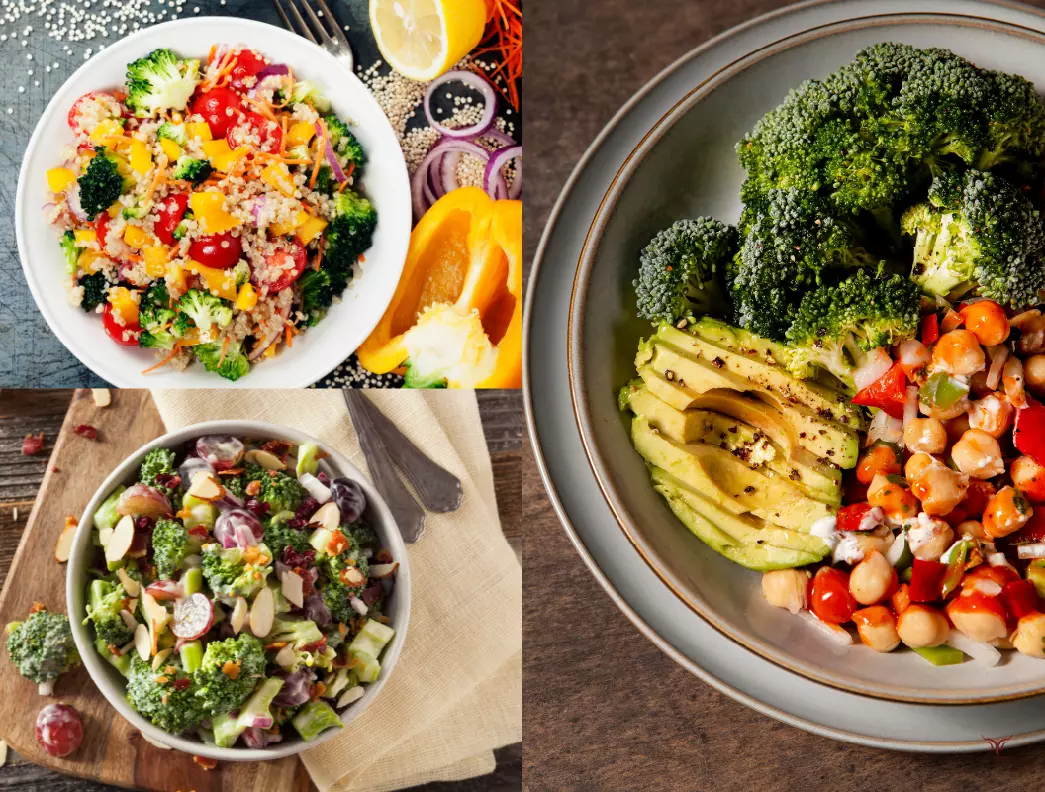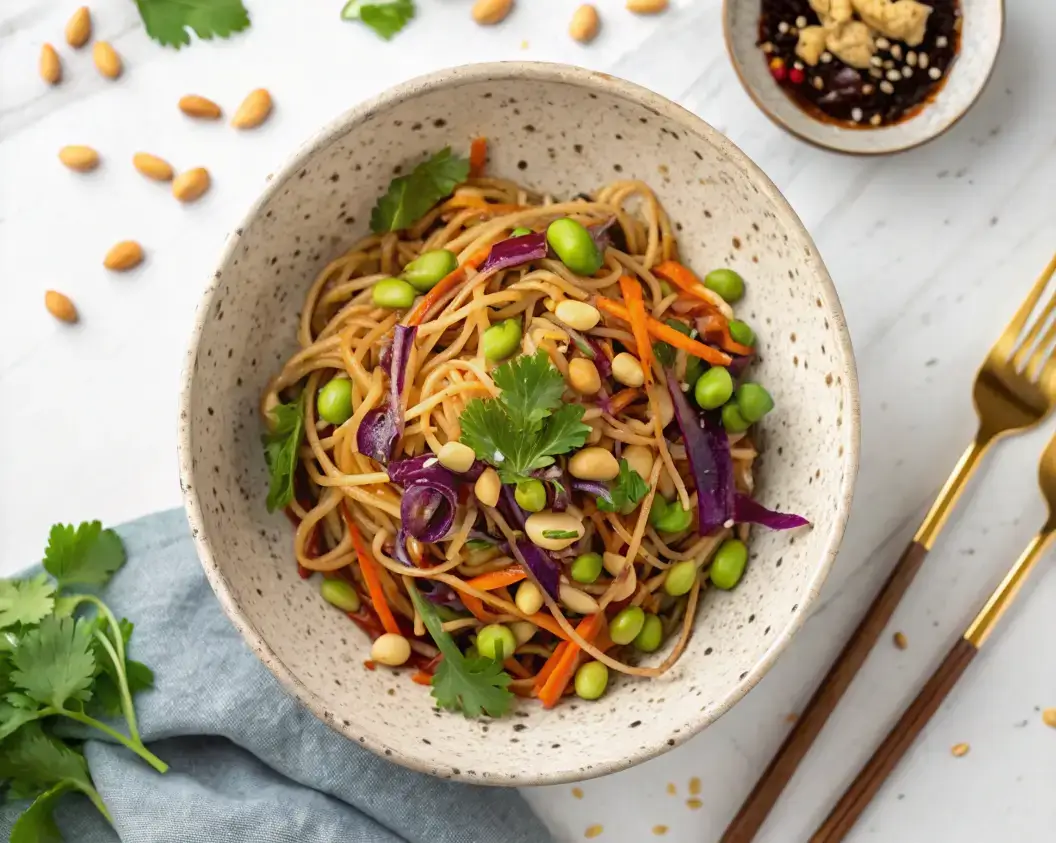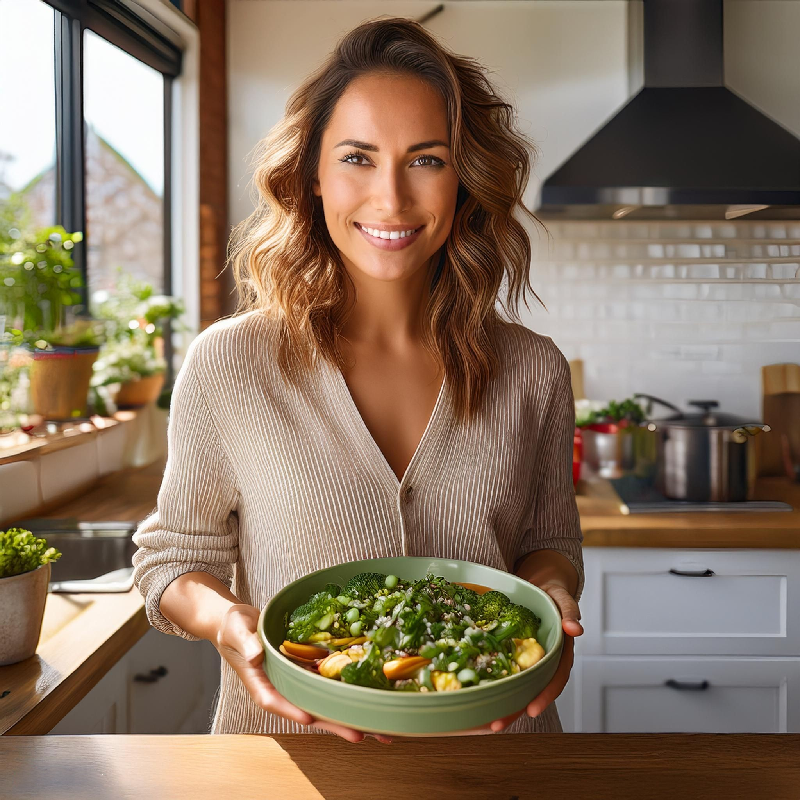Are you tired of paying premium prices for gluten-free flours? Discover how to make your own chickpea flour at home in just a few simple steps. Not only is it cost-effective, but it’s also a nutritious alternative packed with protein and fiber. Let’s dive into this easy, step-by-step guide to creating homemade chickpea flour.
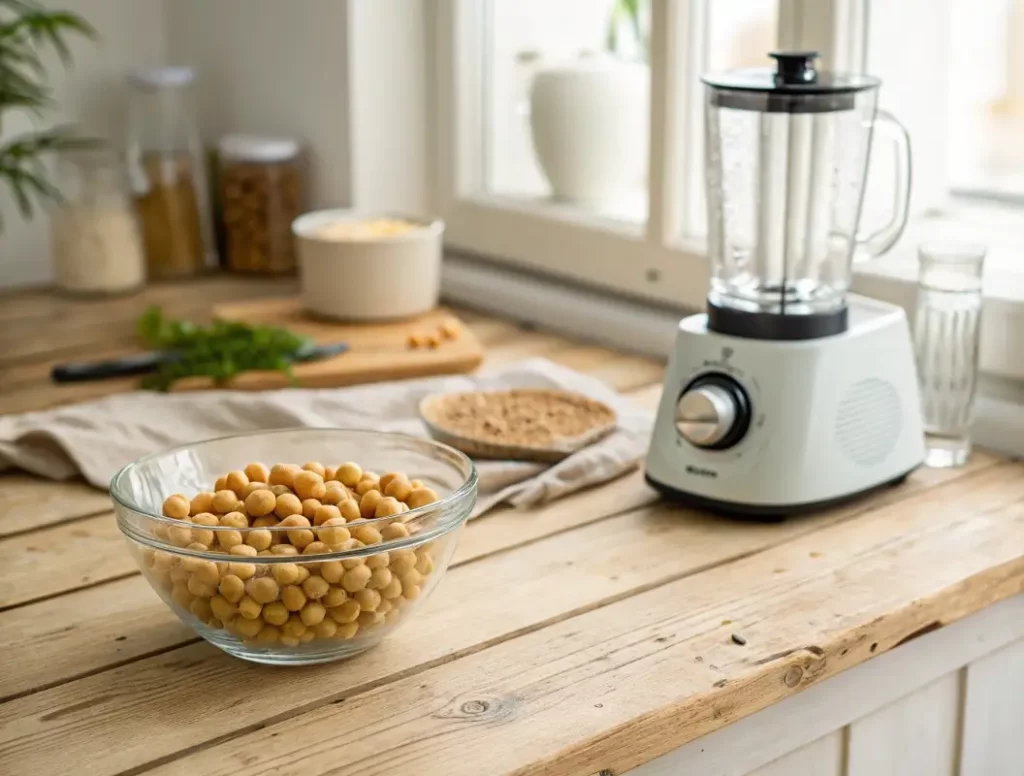
What is Chickpea Flour?
Chickpea flour, also known as gram flour or besan, is a fine powder made from ground dried chickpeas. It’s a staple in many cuisines, especially in Indian, Middle Eastern, and Mediterranean dishes. Naturally gluten-free and rich in protein, chickpea flour is perfect for baking, thickening sauces, or creating savory snacks like fritters and flatbreads.
Health Benefits of Chickpea Flour
Incorporating chickpea flour into your diet offers several benefits:
- High in Protein – Supports muscle growth and recovery.
- Rich in Fiber – Promotes digestion and helps you feel full longer.
- Low Glycemic Index – Keeps blood sugar levels stable.
- Naturally Gluten-Free – A great alternative for those with celiac disease or gluten sensitivity.
- Nutrient-Dense – Packed with iron, folate, magnesium, and B vitamins.
How to Make Chickpea Flour (2 Easy Methods)
🌱 Method 1: Using Dry Chickpeas (Quickest Method)
Ingredients:
- 1 cup of dried chickpeas (garbanzo beans)
Equipment:
- High-powered blender or food processor
- Fine mesh sieve or flour sifter
- Airtight container
Instructions:
- Clean the Chickpeas
Pour the chickpeas into a bowl and remove any small stones or debris. Rinse thoroughly under cold running water. - Dry Completely
Spread them on a clean kitchen towel and let air dry fully—this may take a few hours. Moisture can clog your blender and cause spoilage, so be thorough. - Grind into Flour
Add the dry chickpeas to your high-speed blender or food processor. Pulse until they break down into a fine powder. This usually takes 1–2 minutes. - Sift for Consistency
Use a fine mesh sieve to sift the flour. Any larger particles can be re-ground and sifted again to avoid waste. - Store Properly
Transfer your chickpea flour into an airtight container. Keep it in a cool, dry place and use it within 2 months. For extended shelf life, store in the fridge or freezer.
🌊 Method 2: Soak + Dry Chickpeas (Cleaner, More Digestible Option)
Ingredients:
- 1 cup of dried chickpeas
Equipment:
- Bowl for soaking
- Oven or dehydrator
- Blender or spice grinder
- Sieve
- Airtight container
Instructions:
- Soak the Chickpeas
Place the chickpeas in a bowl and cover with water (at least 3 inches above the beans). Let soak for 8–12 hours. - Rinse and Drain
Drain the water and rinse the chickpeas thoroughly. Optionally, you can remove the skins for a finer flour. - Dry Thoroughly
Spread the soaked chickpeas on a baking tray. Dry them in the oven at 150°F (65°C) for 6–10 hours, or use a dehydrator. They must be fully dry before grinding. - Grind into Flour
Once completely dry and cool, grind the chickpeas in small batches. Use a blender or spice grinder until you reach a flour-like consistency. - Sift and Regrind if Needed
Sift the flour using a fine sieve to remove coarse bits. Regrind the leftovers until all the flour is smooth. - Store
Store the flour in a sealed jar or container. Use within 2–3 months, or refrigerate for longer freshness.
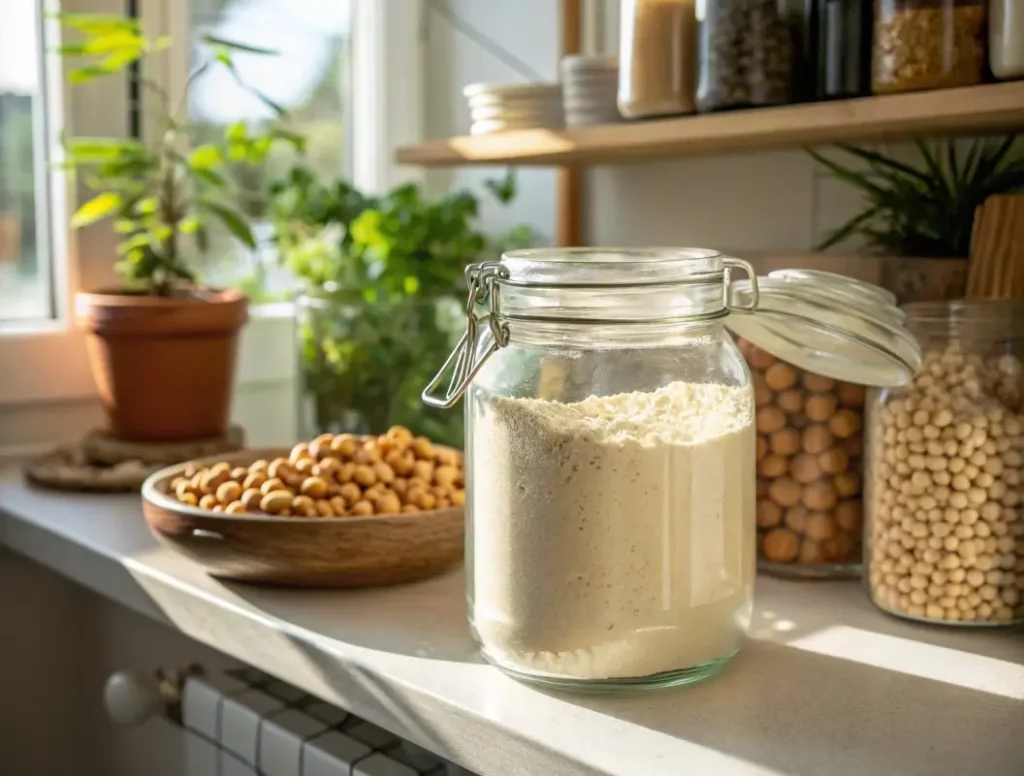
Storage Tips
To maintain freshness:
- Store in an airtight container to keep out moisture and air.
- Keep in a cool, dry pantry or refrigerate if not using soon.
- Freeze for long-term storage (up to 6 months).
- Always label the container with the date of production.
Frequently Asked Questions (FAQs)
Q: Can I use canned chickpeas?
A: No. Canned chickpeas are too moist and will not grind properly. Use dried chickpeas only.
Q: Is chickpea flour the same as besan?
A: They are very similar. Besan is usually made from split chickpeas (chana dal), while chickpea flour is made from whole chickpeas.
Q: Can I use chickpea flour in baking?
A: Absolutely! Chickpea flour works well in muffins, pancakes, cookies, and as a thickening agent.
Recipe Ideas Using Chickpea Flour
Try your freshly made chickpea flour in:
- Chickpea Flour Pancakes – Savory or sweet, they’re high in protein.
- Socca Flatbread – A crispy, gluten-free bread from the Mediterranean.
- Muffins – Great for a protein-packed snack.
- Homemade Crackers or Falafel – Excellent texture and flavor.
Other Recipes
Conclusion
Making your own chickpea flour at home is easy, affordable, and empowering. Whether you’re baking, cooking, or experimenting with global recipes, this gluten-free flour adds nutrition and versatility to your meals. Give it a try—and share your favorite ways to use it!
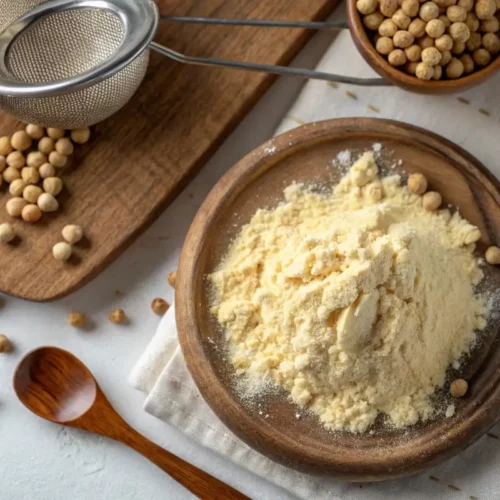
Easy Homemade Chickpea Flour Recipe (Step-by-Step Guide)
Ingredients
For Method 1 (Dry Chickpeas)
- 1 cup dried chickpeas (garbanzo beans)
For Method 2 (Soaked Chickpeas)
- 1 cup dried chickpeas
- 1 Water (for soaking)
Instructions
Method 1 – Using Dry Chickpeas
- Rinse the chickpeas thoroughly and let them air dry completely.
- Add them to a blender or food processor and grind into a fine powder.
- Sift the flour through a fine mesh sieve.
- Store in an airtight container.
Method 2 – Soak + Dry Method
- Soak chickpeas in a bowl of water for 8–12 hours.
- Drain, rinse, and spread on a baking tray.
- Dry in the oven at 150°F (65°C) for 6–10 hours until completely dry.
- Blend into a fine flour, sift, and store in an airtight container.
Notes
- Use organic chickpeas to avoid pesticide residue.
- Make small batches for best freshness.
- Store in fridge or freezer to extend shelf life.
- Ideal for recipes like socca, falafel, gluten-free pancakes, or muffins.

